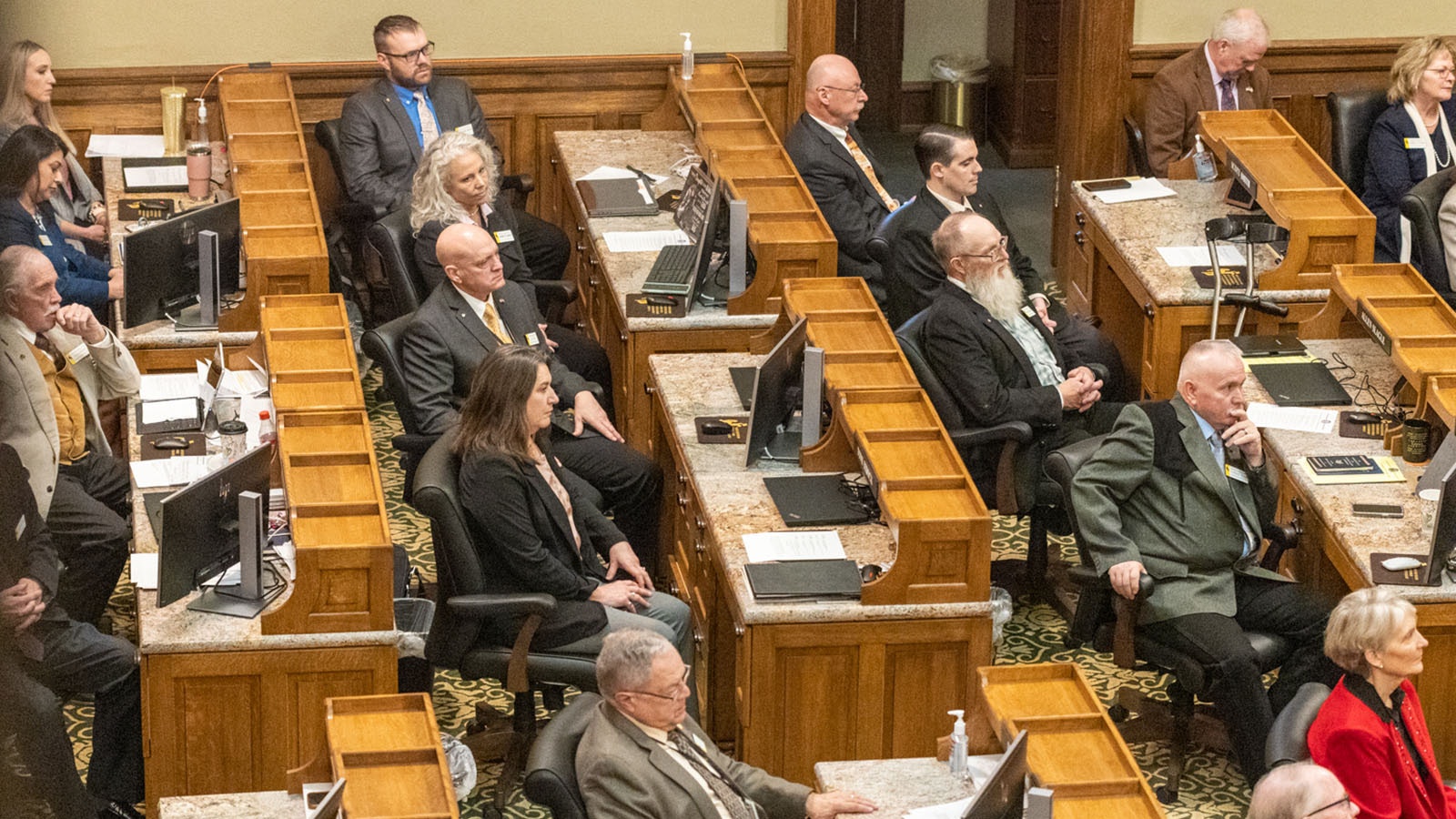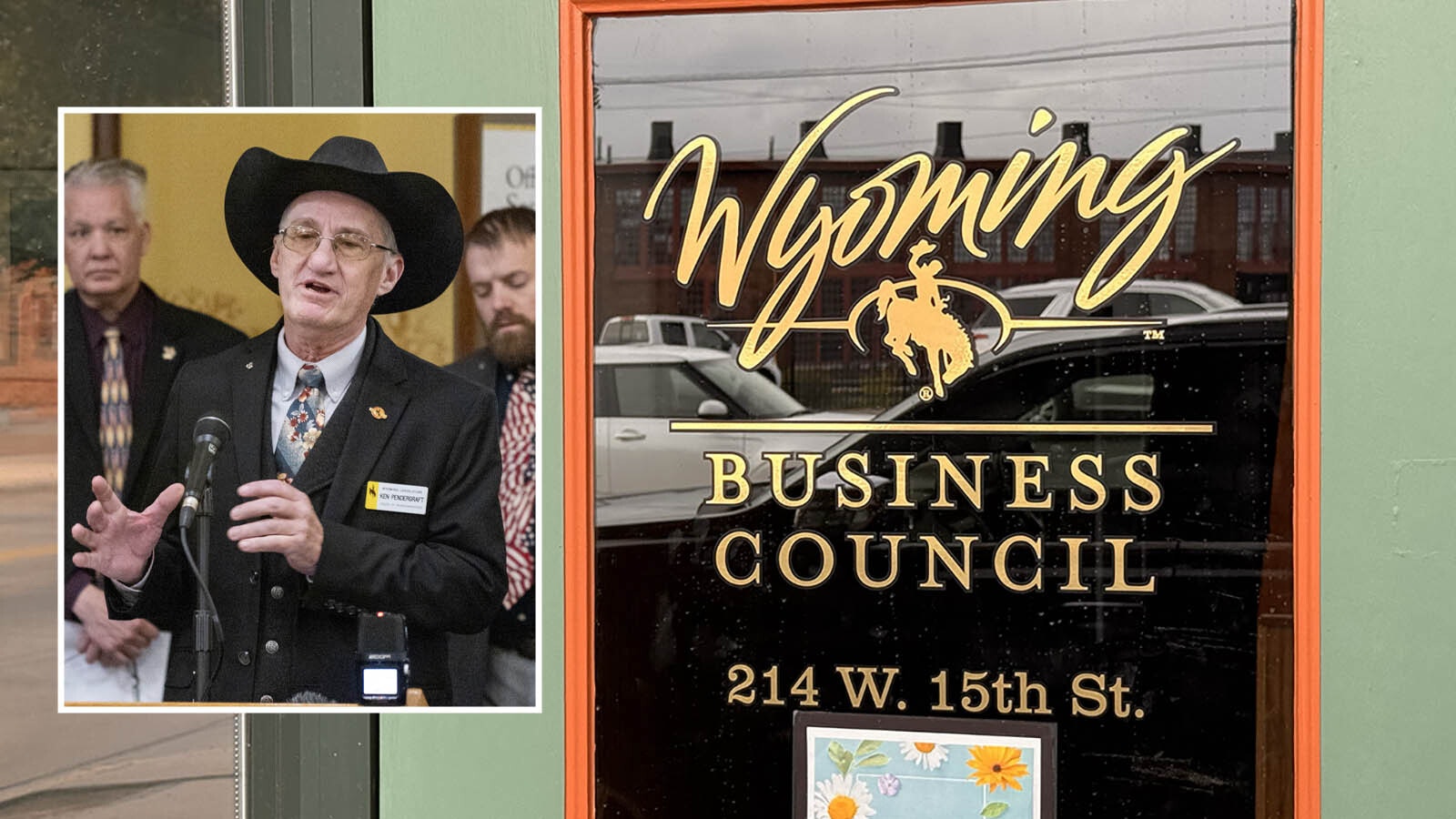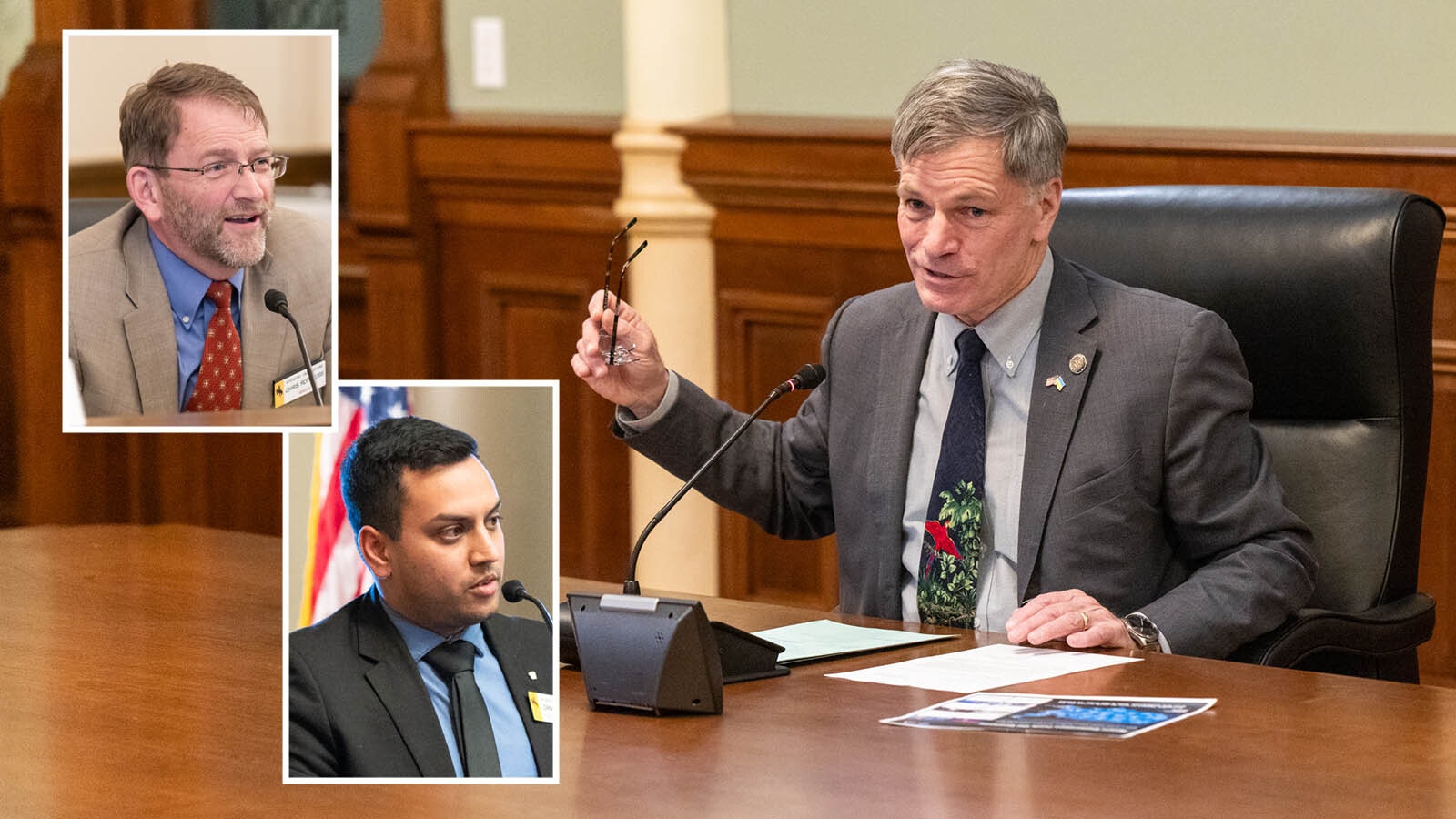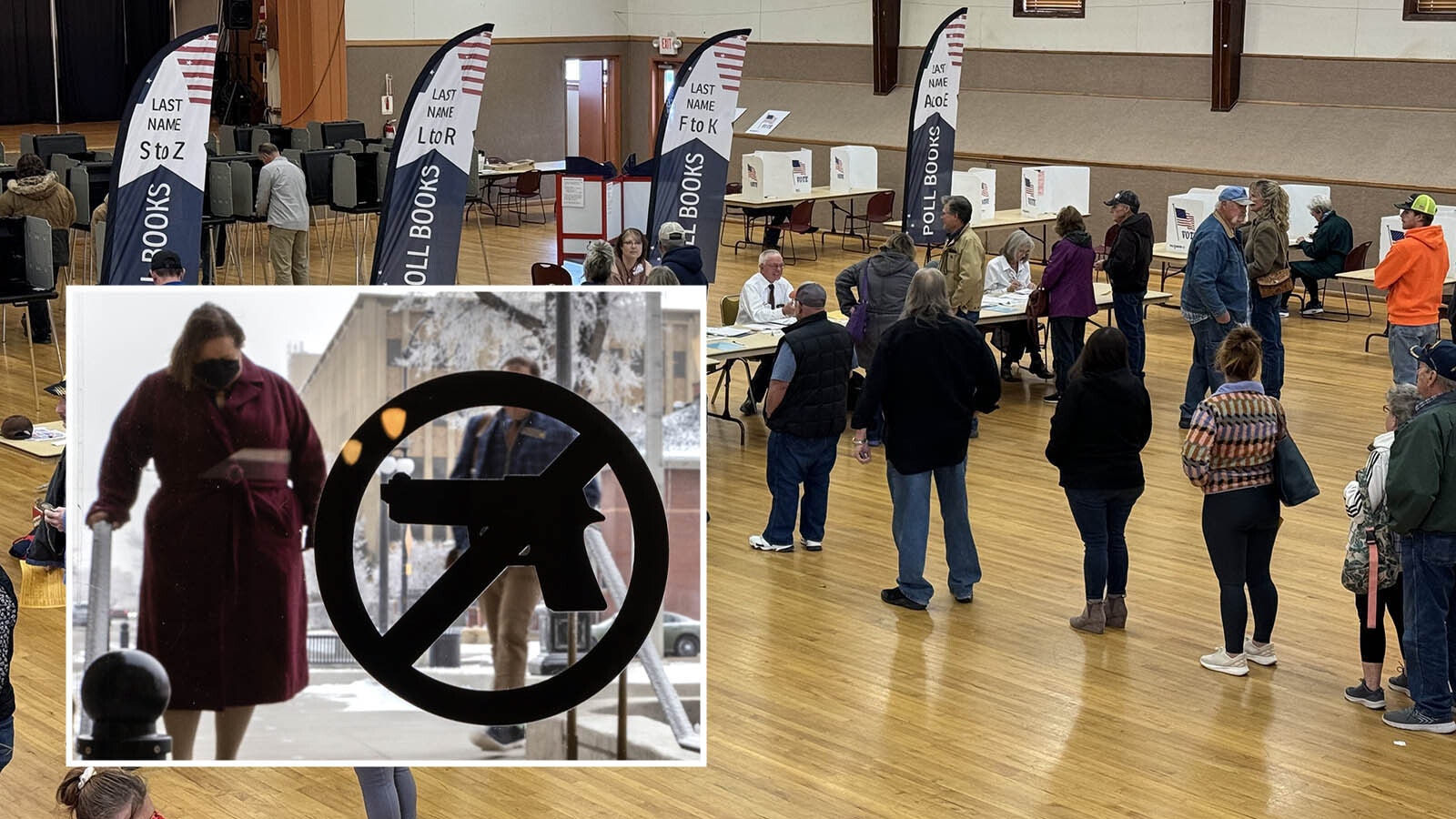Developers building subdivisions adjacent to agricultural land could end up bearing more of the cost for fencing those properties under a bill that passed the Wyoming Senate on Wednesday.
Senate File 73 would require developers to pay for installing and maintaining any fences or walls that exceed “lawful fencing” required for livestock.
The bill was forward to the full chamber Tuesday by the Senate Agriculture, State and Public Lands And Water Resources Committee.
In some cases, “subdivisions have put in walls, very elaborate walls – well beyond the need of restraining animals,” said committee member Sen. John Kolb, R-Rock Springs.
Under Wyoming law, adjacent landowners must pay half of the cost of new fences or barriers, so farmers and ranchers have been stuck with exorbitant bills when adjacent properties install qualifying fences, he said.
A “lawful fence” in Wyoming is something that can stop livestock animals. Under SF 73, subdividers would be responsible for the full cost of any fencing or walls that exceed that standard.
Wyoming also is a “fence out” state. That means landowners that don’t want a neighbor’s livestock on their property must fence those animals out, rather than expecting ranchers to fence them in.
‘Feral Pigs, Not Feral Kids’
There was some concern that fencing might have to be changed when ranchers switch which type of livestock they’re raising.
Sen. Ed Cooper, R-Thermopolis, recalled that when a rancher in his district switched from raising cattle to pigs, some of the pigs got out because fences designed for cattle couldn’t hold them. A constituent called to complain about “feral pigs” on running loose on her property.
Cooper said he initially misunderstood, thinking she was saying “feral kids.”
He said he told her, “The first thing is, don’t shoot them, let’s think this through,” Cooper said.
Regardless of that humorous misunderstanding, it’s important to consider problems regarding fences can run both ways, he said.
Don’t Push Costs To Parcel Buyers
The bill also is intended to put the developer’s half of fencing cost on the original developer alone, said Sen. Larry Hicks, R-Baggs, also a committee member.
It wouldn’t be fair to pass those cost along to the people who buy subdivision parcels after the fact, Hicks said. And it would also prevent adjacent agricultural landowners from being hit with a new bill every time somebody bought a parcel in a subdivision.
Brucellosis Bill Also Passes
The Senate also passed SF 29, which updates Wyoming’s brucellosis management policy.
That bill is intended to leave the branding of infected cattle up to ranchers and their veterinarians, said Sen. Tim French, R-Powell.
It also better defines “brucellosis monitoring areas” and could provide compensation to ranchers for the cost of getting animals tested for infection, he said.
“It just cleans up the language” of existing policy, French said.
Brucellosis is an infectious disease that is a concern for ranchers because it causes cattle to abort their calves. It’s been found in some elk and bison in Wyoming, so there has been concern about it spreading from those animals to cattle.





